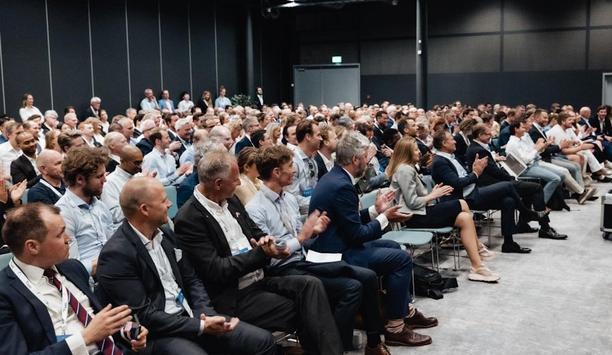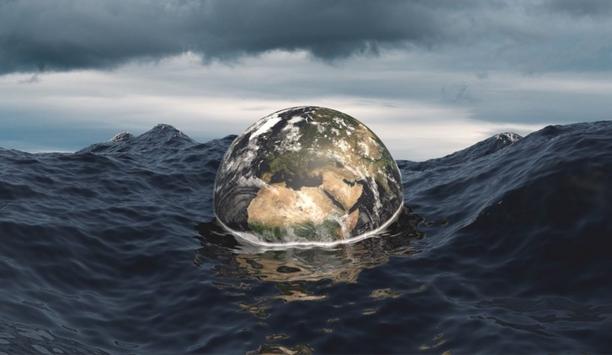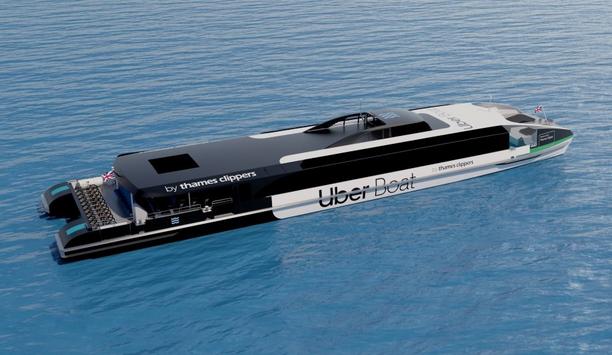As the Russia-Ukraine crisis escalates, the effects on international shipping are evolving rapidly. TGI's insight into potential changes that could affect users include:
Bunker fuel
Bunker prices have increased since the start of 2022 by approximately 58%. Currently in Singapore, the world’s largest bunkering hub, TGI has seen the bunker price for Very Low Sulphur Fuel Oil (VLSFO) reach US$1030 per tonne. At the end of December 2021, the price was US$648 per tonne. Crude prices have not seen the current level since 2008.
The challenge faced by bunker companies, due to the Russian invasion of Ukraine, will be their ability to extricate themselves from Russian oil markets. Russian ports account for around 7 million tonnes per year of bunker fuel, but fuel exports from Russia are found in many other global ports. Should bunker prices continue to increase as TGI has seen, it can expect shipping lines to pass on these increases to importers and exporters alike.
Demand for shipping capacity
In addition, due to the geographic location of Australia, shipping lines view it as a costly proposition
Freight rates for project vessels have remained high. In some cases, they have increased even more since the end of 2021. Infrastructure spending by governments, renewable energy projects, and mining continue to see demand for these vessels.
In addition, due to the geographic location of Australia, shipping lines view it as a costly proposition. They do not always have the ability to secure return freight following an inbound call to discharge cargo at Australian ports.
New bookings
TGI expects the trend of high freight rates and limited project vessel availability to continue in the coming months. Roll/on-Roll-off vessels ex Europe and USA are very heavily booked, with some unable to accept new bookings for two months. The container trades are still under enormous pressure.
The U.S ports are backed up, seeing continued congestion for vessel berths, tight capacity within container terminals, and a shortage of chassis and drivers for moving containers in and out of ports.
Reviewing shipping requirements
Vessels are no longer calling at a large number of ports in the Black Sea, Russia, and other affected areas
China has seen an increase of 2.8% in container volumes for February 2022 year on year. European volumes remain strong, and TGI would expect there to be volatility in the market as the effects of the Russian invasion of Ukraine continues.
Vessels are no longer calling at a large number of ports in the Black Sea, Russia, and other affected areas. It is important to review the shipping requirements and avoid cargo being loaded onto a vessel caught up in sanctions or trade issues.
Delivery schedules
Vessel scheduling is unreliable due to the global issues around congestion, demand for cargo, and Eastern Europe.
TGI's recommendation is to discuss users' delivery requirements with TGI Cargo before they commit to a delivery date. TGI will work with users to provide the right schedule for their needs, to meet their commitments.










